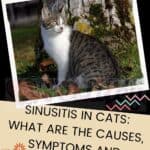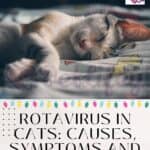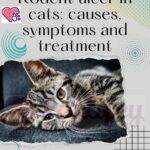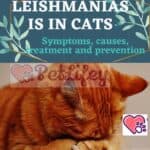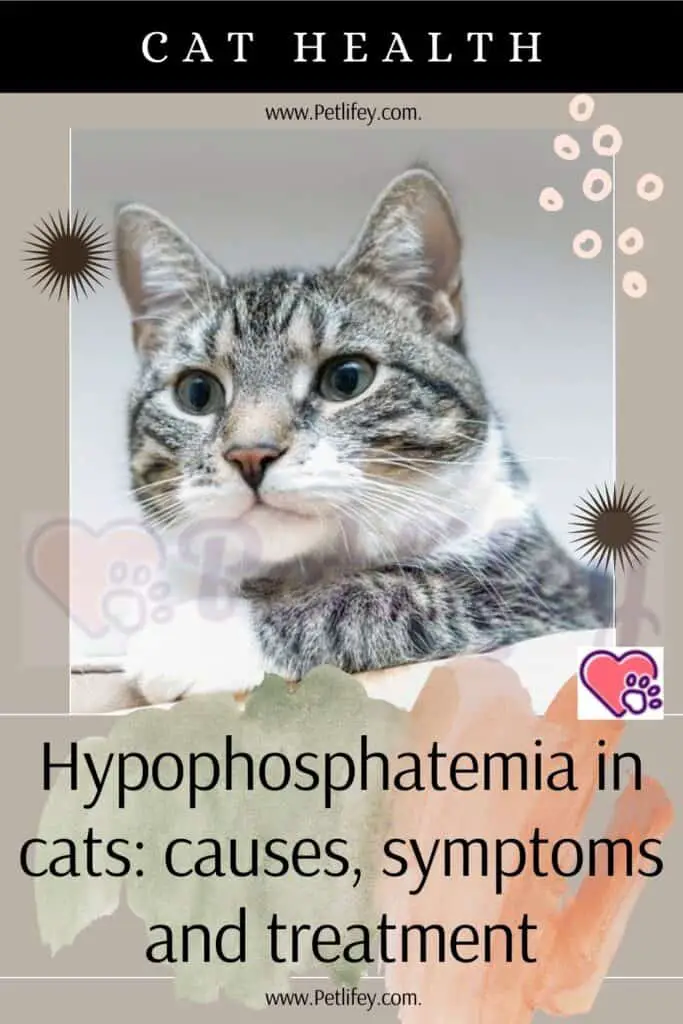
Hypophosphatemia in cats is a disease that mostly affects older cats. Let’s see the causes, symptoms and treatment.
Decreased blood levels of phosphate, which is a low concentration of phosphorus in the cat’s blood serum, can be caused by shifts of phosphorus out of the body’s cells.
But also from the reduced intestinal absorption of phosphorus or the reduced renal reabsorption of phosphorus.
In cats we speak of hypophosphataemia when the phosphorus values fall below 3 mg / dl, however it should be borne in mind that they do not become symptomatic until reaching 1.5-2 mg / dl.
Causes of hypophosphatemia in cats
The causes of hypophosphatemia in cats can be different.
Here are the causes of hypophosphatemia in cats :
- Phosphate binding agent;
- reduction in the concentration of hydrogen ions in arterial blood plasma (respiratory alkalosis);
- prolonged lack of appetite, hunger or malnutrition in the cat;
- vitamin D deficiency
- loading of carbohydrates with insulin administration;
- undiagnosed or poorly regulated diabetes mellitus
- diets low in phosphates or intravenous nutritional solutions;
- enteral nutrition (tube in the nose) or total intravenous nutrition;
- low phosphorus diet;
- reduced renal (kidney) reabsorption of phosphate
- conditions that prevent the absorption of nutrients (malabsorption syndromes);
- treatment of diabetes mellitus in cats .
Other rarer causes include:
- some types of lymphomas or leukemias;
- inheritance;
- liver failure;
- osteomalacia induced by a neoplasm.
Symptoms
The symptoms generated by the primary disease causing hypophosphataemia in cats are:
- Hemolytic anemia (breakdown of red blood cells) secondary to severe hypophosphataemia;
- muscle weakness;
- cat depression;
- fast and shallow breathing due to insufficient activity of the respiratory muscles;
- shortness of breath;
- anxiety;
- lack of oxygen in the body;
- red or dark colored urine due to an abnormal concentration of the protein hemoglobin in the urine, due to the breakdown of red blood cells.
It should be borne in mind that severe hypophosphatemia in cats is not always accompanied by the presence of symptoms, sometimes there are even completely asymptomatic cases.
Diagnosis and treatment of hypophosphatemia in cats
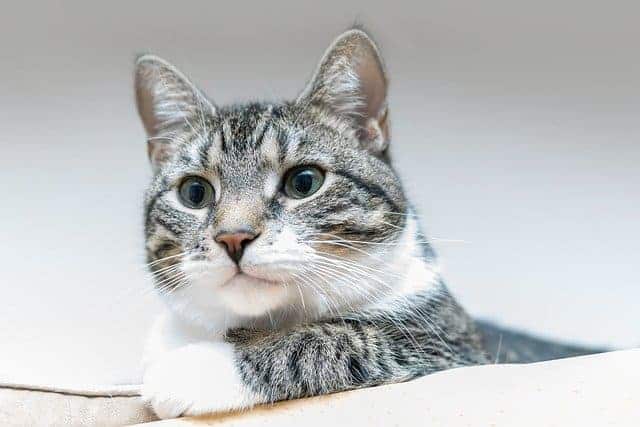
In order to make a diagnosis, the vet will first need to have a complete physical exam.
Subsequently, he will also have to take an interest in the previous medical history of the animal and the symptoms that could have led to this condition.
He can then proceed with a differential diagnosis to determine the priority of treatment, as there are several possible causes that could lead the cat to this condition.
The cat cannot be treated properly until the correct disorder is identified and other pathologies excluded.
The veterinarian will then continue with the following tests:
- a complete blood profile;
- a chemical blood profile;
- a complete blood count;
- urine analysis.
Treatment, once the diagnosis has been established, must be immediate and with the animal hospitalized.
However, if the cat suffers from only a moderate case of hypophosphataemia, it can be treated on an outpatient basis, preferring oral administration of the pills to the cat (as long as the cat’s condition is stable).
While if the disease is caused by insulin therapy or by intravenous nutrients and vitamins, these treatments will be suspended until supplemental phosphate has been given for a few hours.
If anemia is present, fresh whole blood transfusions may be required.
To realize the progress of the treatment and the improvements, the veterinarian will have to carry out the phosphorus levels in the cat, every 6-12 hours, until the phosphorus concentration remains stable within the range considered normal.
As sudden and severe acute kidney failure develops in some cases, the vet will monitor potassium concentrations until they too remain stable. This will happen during the cat’s daily follow up.

